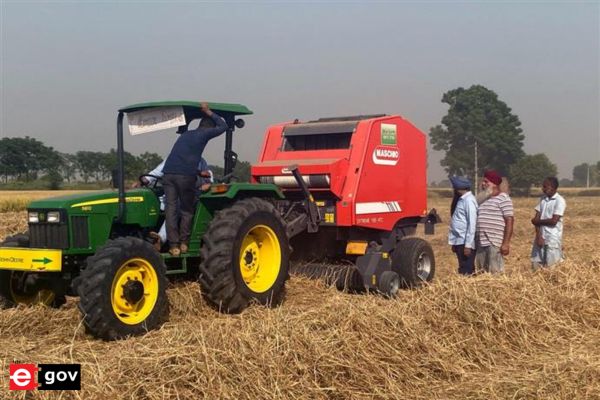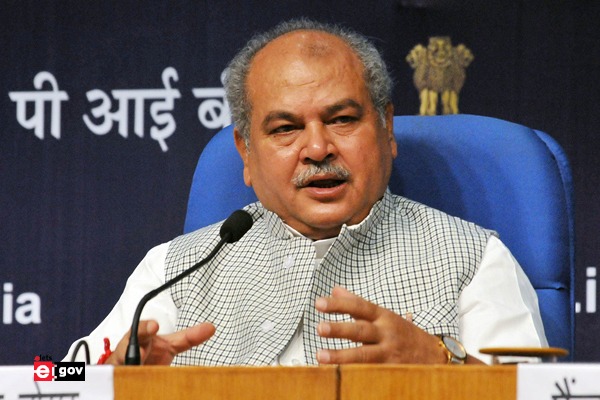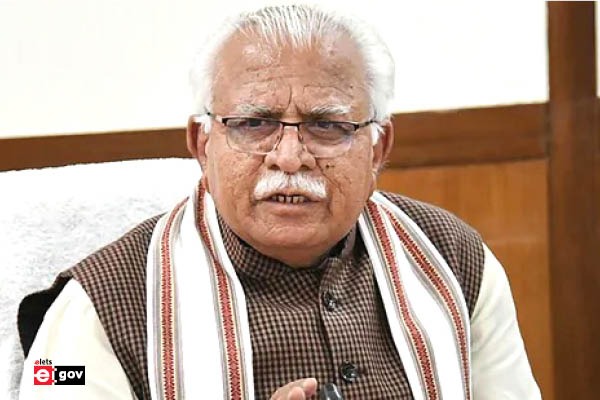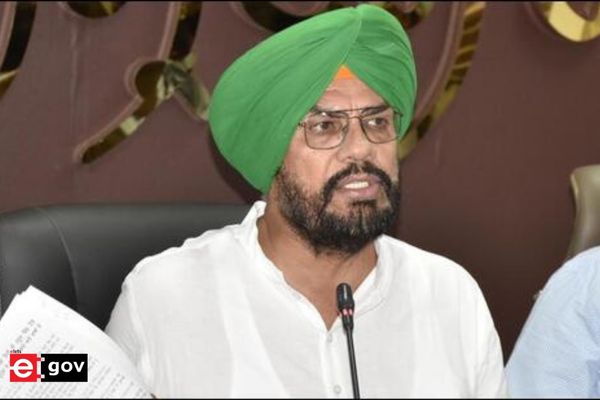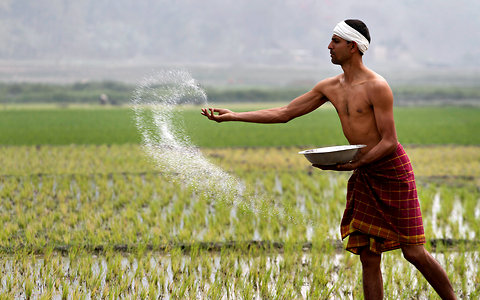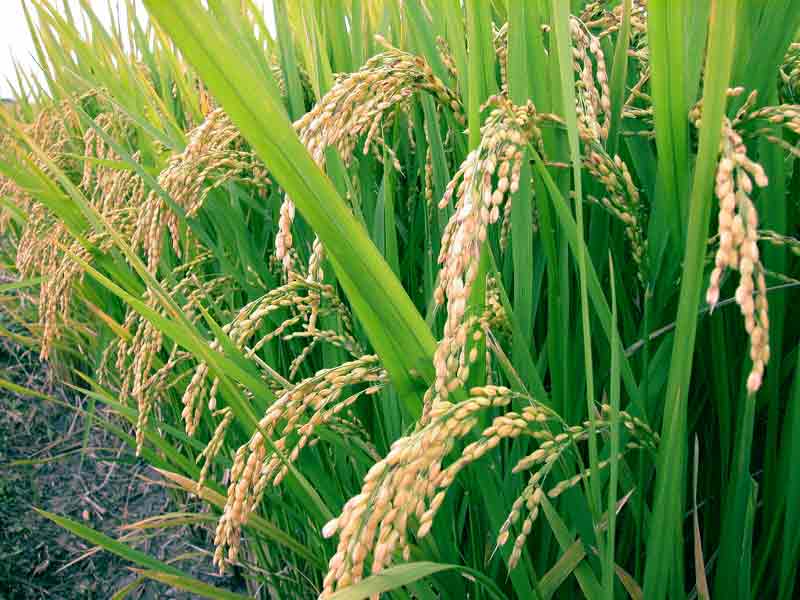
Digital agriculture is a modern approach to farming that incorporates the use of digital technologies and data analytics to enhance agricultural practices. Karnataka, one of the leading agricultural states in India, has been at the forefront of embracing digital agriculture to improve farming practices, increase crop yields and enhance the livelihoods of farmers. Abhineet Kumar of Elets News Network (ENN) examines the state’s progress in adopting digital agriculture and the impact it has had on the agriculture sector.
Karnataka has been one of the pioneers in India in adopting digital agriculture practices. The state’s agricultural department has been working closely with farmers, researchers, and technology firms to develop digital solutions that can improve agricultural practices. The government has been investing heavily in providing infrastructure and training to farmers to enable them to embrace digital technologies.
Major digital agriculture initiatives in Karnataka

Krishi Bhagya scheme This scheme provides farmers with irrigation facilities, including drip irrigation and sprinkler irrigation systems, that are managed by digital technologies. The state government has also set up a network of weather stations and soil sensors to collect data on weather patterns, soil moisture, and nutrient levels. This data is used to help farmers make informed decisions about crop planting, irrigation, and fertilization.
e-NAM (National Agriculture Market)

This platform enables farmers to sell their produce online, removing intermediaries and ensuring that they get a fair price for their crops. The platform has been a game-changer for farmers, who can now sell their produce directly to buyers across the country, without the need for physical marketplaces.
Mobile Applications
The state has also been working on developing mobile applications that provide farmers with real-time information on weather patterns, crop prices, and agricultural practices. One such app is the Farming Assistant app, which provides farmers with information on the best time to plant crops, the right quantity of fertilizers to use, and the latest market prices for their produce.
The impact of digital agriculture in Karnataka has been significant. According to a report by the National Bank for Agriculture and Rural Development (NABARD), the adoption of digital agriculture practices in the state has resulted in a 20-30% increase in crop yields. Farmers have also been able to reduce their water usage by up to 30% through the use of digital irrigation systems, leading to significant cost savings.
The adoption of digital agriculture practices has also had a positive impact on the livelihoods of farmers in Karnataka. By enabling farmers to sell their produce directly to buyers, they are able to bypass intermediaries and get a better price for their crops. This has increased their income and improved their standard of living.

Agriculture has been the backbone of Karnataka’s economy for many years, contributing significantly to the state’s GDP. The state has a vast agricultural landscape with diverse crops, including paddy, sugarcane, cotton, maize, and pulses, among others. With technological advancements, Karnataka’s agriculture sector has undergone a significant transformation, enabling farmers to adopt modern farming techniques, increase productivity, and improve their income.
Technological interventions in Agriculture
Precision Agriculture
Precision agriculture is a modern farming technique that uses technology to optimize crop yield and minimize input costs. This technology relies on GPS systems, sensors, and drones to collect data on soil moisture, temperature, nutrient levels, and other vital information. Farmers can use this information to create maps of their fields, monitor crop growth, and apply fertilizers and pesticides more efficiently. This technology has been gaining popularity in Karnataka, particularly in areas where land is limited.
Crop Monitoring and Management
Crop monitoring and management tools are another technological advancement that is transforming agriculture in Karnataka. These tools allow farmers to monitor crop growth, health, and yield in real-time, enabling them to make informed decisions about fertilizers, water, and other inputs. For instance, by using remote sensing tools, farmers can detect crop stress and diseases early and take appropriate action before the problem worsens. This technology has also made it possible for farmers to access real-time weather data, allowing them to plan their farming activities more effectively.
Smart Irrigation Systems
Water scarcity is a significant challenge for farmers in Karnataka, particularly during the dry season. Smart irrigation systems have emerged as a solution to this this challenge. These systems use sensors to collect data on soil moisture, humidity, and other factors, and automatically adjust water usage to optimize crop growth. This technology has proven to be particularly useful for small-scale farmers who do not have access to sophisticated irrigation infrastructure.
Also Read | Drone applications in rural development Charting new frontiers
Farm Management Software
Farm management software has been developed to help farmers manage their farms more efficiently. This software provides a comprehensive overview of farm activities, enabling farmers to track inventory, manage finances, and plan farming activities. This technology has also made it easier for farmers to access market information, connect with buyers, and sell their produce directly. It has also helped to reduce the amount of paperwork involved in farming activities, making it more streamlined and efficient.

Blockchain Technology
Blockchain technology is being adopted in agriculture to provide more transparent and secure supply chains. This technology enables farmers to track their produce from farm to market, eliminating the possibility of fraud and mismanagement. It also makes it possible for farmers to receive fair prices for their produce, as buyers can trace the origin and quality of the produce. This technology has been embraced by various stakeholders in the agriculture sector in Karnataka, including farmers, processors, and exporters.
Conclusion
In conclusion, digital agriculture has emerged as a game-changer for farmers in Karnataka and technology has played a critical role in enhancing agriculture in the state. The impact of digital agriculture in the state has been significant, with increased crop yields, cost savings, and improved income for farmers. It has enabled farmers to adopt modern farming techniques, increase productivity, and improve their income. While the adoption of technology has been slower in some areas, the benefits are clear, and there is a need to scale up the use of technology in agriculture. Government and private sector stakeholders need to invest more in research and development to bring more sophisticated technologies to farmers. This will not only help farmers increase their yield but also contribute to the overall economic development of Karnataka.
Be a part of Elets Collaborative Initiatives. Join Us for Upcoming Events and explore business opportunities. Like us on Facebook , connect with us on LinkedIn and follow us on Twitter, Instagram.


